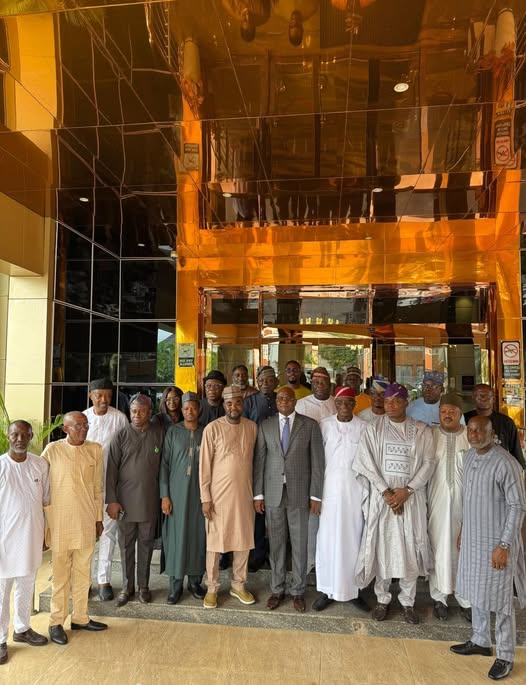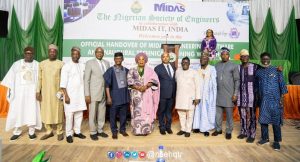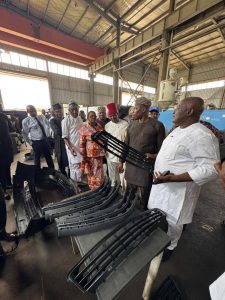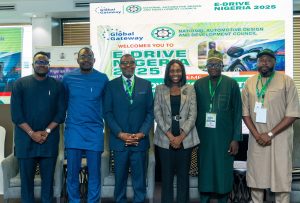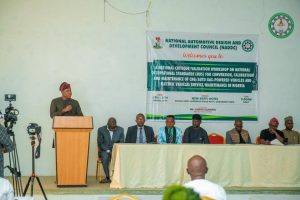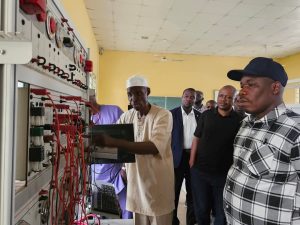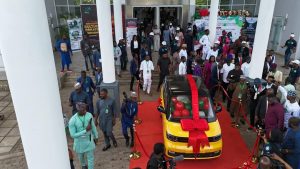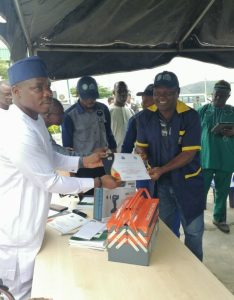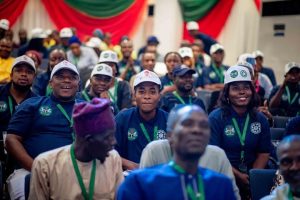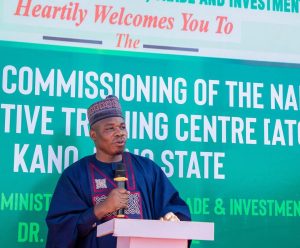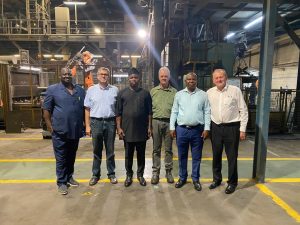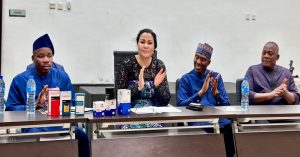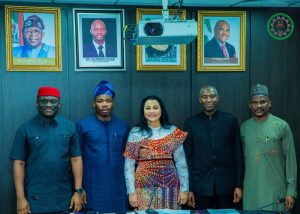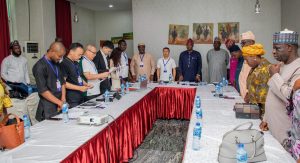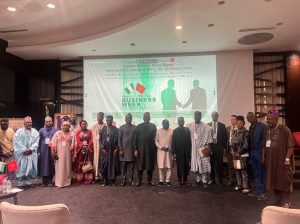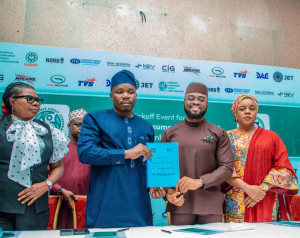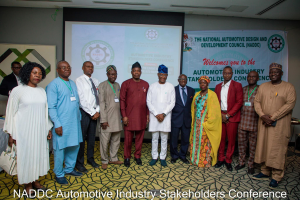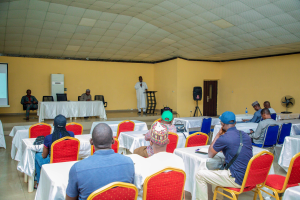Leaders of Nigeria’s industrial, financial, and political sectors have reaffirmed their commitment to revitalizing the nation’s automotive industry through policy reform, financial innovation, and public–private collaboration. This resolve emerged during a high-level 4- Day retreat for members and staff of the House committee on Industry, National Assembly held in Delta State.
The session, convened under the auspices of the House Committee on Industry, the National Automotive Design and Development Council (NADDC), and the Delta State Government, brought together key stakeholders to discuss pathways for strengthening local automobile production, promoting access to vehicle financing, and curbing the influx of used vehicles into the country.
In his keynote address, Hon. Dr. Enitan Dolapo Badru, Chairman of the House Committee on Industry, emphasized the central role of legislation and credit support in transforming Nigeria’s automotive landscape.
“Every bank in Nigeria should dedicate a minimum of six percent of its total lending portfolio to automotive credit schemes. This is essential to create an affordable vehicle ownership system and stimulate domestic manufacturing,” he stated.
He further called for closer collaboration between the legislature, the financial sector, and the automotive regulator to ensure the establishment of a sustainable financing model and a guaranteed used-car market comparable to those in developed economies.
The Director-General of the National Automotive Design and Development Council (NADDC), Chief Oluwemimo Joseph Osanipin underscored the need for a comprehensive financial and policy framework to support local car ownership and reduce dependency on imports.
He noted that cultivating a culture of local car ownership supported by the Central Bank, commercial banks, and parliament would stimulate job creation and encourage the establishment of new automotive enterprises across Nigeria.
“We must create a guaranteed used-car industry that provides Nigerians with affordable options, curbs import dependence, and builds confidence in local manufacturing. With the right policy support, the Nigerian automotive market can become self-sustaining and globally competitive,” the DG affirmed.
Representing the Governor of Delta State, Prince Erijo Johnson, Chief of Staff to the Governor, highlighted the state’s readiness to partner with federal and private-sector actors in driving industrialization.
“Delta State is richly endowed not only with oil and gas but also with solid minerals such as kaolin, silicon, and industrial clay that can serve as vital inputs for automotive and manufacturing industries,” he said.
“Our coastal location and port infrastructure provide immense logistical advantages for component application, assembly, and export-oriented production.”
Prince Johnson reaffirmed the state government’s commitment to supporting recommendations arising from the retreat and fostering an enabling environment for automotive growth.
The deliberations concluded with key resolutions to:
• Engage the National Automotive design and development Council (NADDC) on the implementation of the NAIDP framework;
• Partner with the Central Bank of Nigeria, commercial banks, and the financial sector to implement viable credit schemes;
• Collaborate with the National Assembly to introduce legislation that supports local manufacturing, financing, and a regulated used-car market.
Stakeholders expressed optimism that these coordinated efforts will usher in a new era of innovation, job creation, and sustainable development within Nigeria’s automotive ecosystem.

